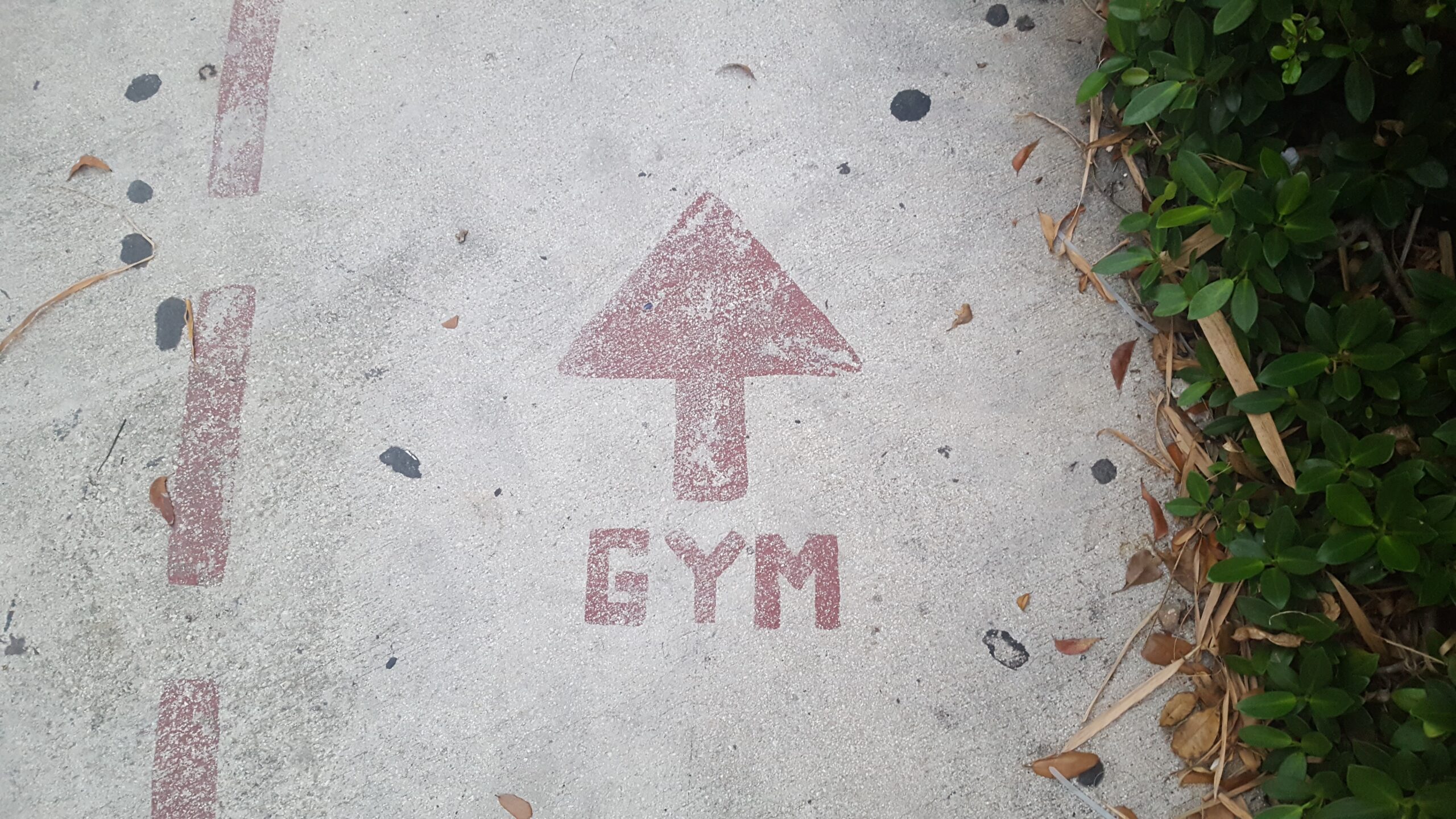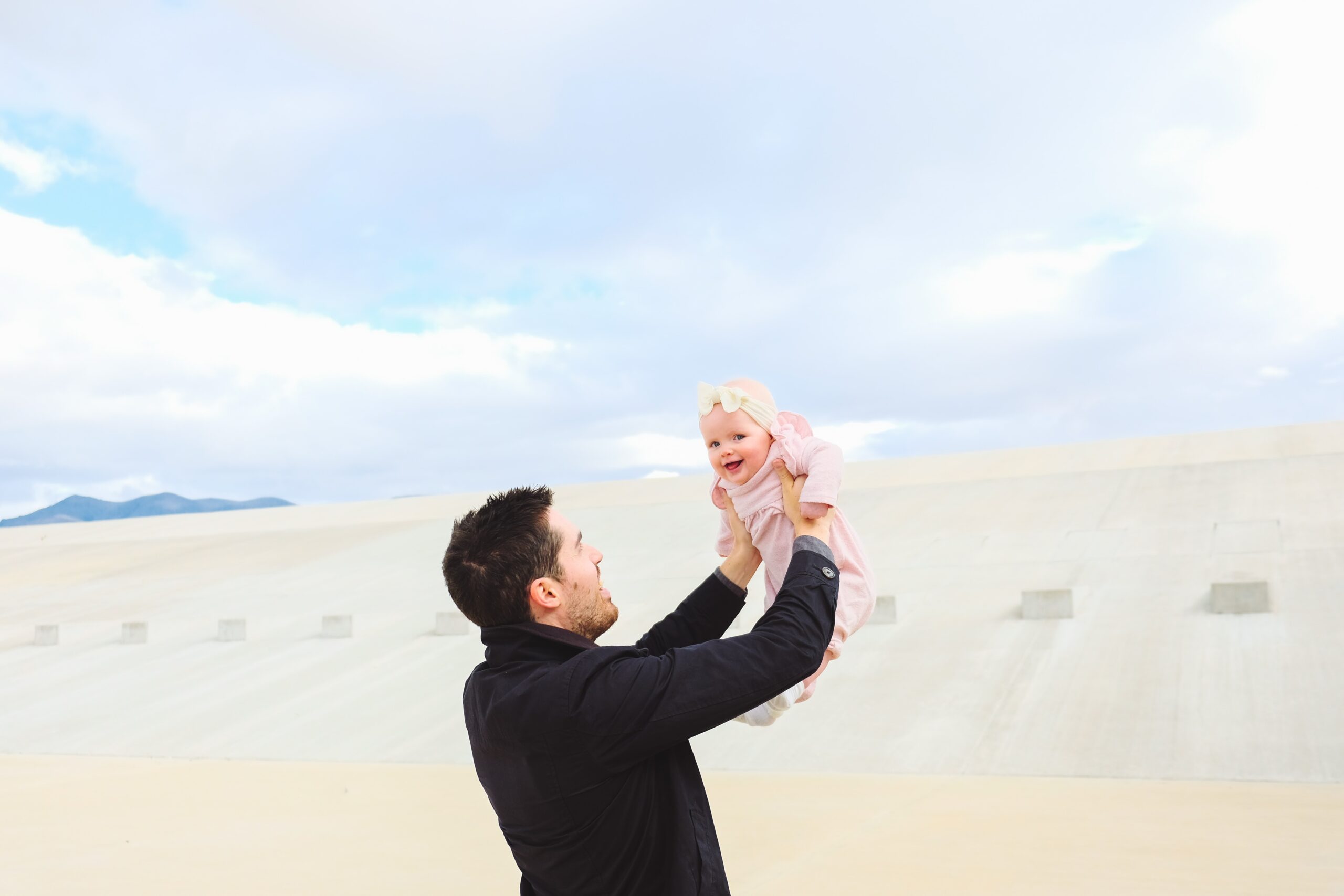6 Types of Unhealthy Father-Daughter Relationships

Disclaimer: The purpose of this article is for spreading awareness to the general public, not for self-diagnosis. Please don’t take this as a personal attack on your character.
According to UNICEF of Early Childhood Development, Dr. Pia Britto, fathers should bear the responsibility in nurturing their children during their earliest years of life by giving them love and protection, playing with them, and providing nutritious food; so that they will have less behavioural issues, smarter, and able to be healthier, happier people. During the early 1000 days of a child’s life, it is a critical time for brain development and there is an increasing body of evidence that fathers have a huge contribution in this process.
So, let’s take a look at the types of unhealthy father-daughter relationships, shall we?
- The absent father

You are a 6-year-old daughter. Your father is working 9 to 5, and after work, he goes straight to the gym to work out. When he arrives home at night, he is already super tired to play with you.
According to a family and marriage therapist, Jed Diamond, “the father wound is the psychological, relational, and physical dysfunction that happens in people who grew up with a father who was emotionally or physically absent.”
Ellis and colleagues (2003) found the association between the absence of a father and girl’s sexual behaviour in a demographically diverse sample of girls over a 13-year span. It showed that the teenage girls who have experienced the absence of a father during their early development were twice as likely to be involved in sexual intercourse and seven times more likely to have been pregnant by age 17 compared to adolescent girls whose fathers were present in their early life.
2. The abusive father
You go to your school counsellor to seek help regarding your father who always abuses you emotionally. When he comes home from work, he always criticizes you, mocks you, and always lashes out at you. Oftentimes, you are beaten up by him too. You feel depressed. So, the counsellor calls your father, who just scoffs and says, “Why does she spill family’s problems to an outsider, anyway?”
In a report by the World Health Organization (WHO), there was a comparison done by The International Society for the Prevention of Child Abuse and Neglect on the definitions of abuse from 58 countries and found some similarities in what was regarded as abusive. The WHO Consultation on Child Abuse Prevention (1999) outlined the following definition:
‘‘Child abuse or maltreatment constitutes all forms of physical and/or emotional ill-treatment, sexual abuse, neglect or negligent treatment or commercial or other exploitation, resulting in actual or potential harm to the child’s health, survival, development or dignity in the context of a relationship of responsibility, trust or power.’’
When a woman has been abused sexually, verbally, or physically by her father when she was young, she may encounter problems choosing an affectionate significant other, she has the tendency to be involved in high-risk behaviours which may influence her decision-making skills. Apart from that, this woman may also experience emotional consequences such as low self-esteem, poor self-confidence, and a sense of worthlessness which may lead to clinical depression. These abused children, when they grow up into adults, may develop symptoms of anxiety, depression, poor concentration and memory, nightmares, and flashbacks (Campbell, n.d.).
3. The pampering father

You are excited for the arrival of your first newborn. You vow to yourself that you will give this daughter everything that she wants. You want to be that loving father who dotes on her every single time.
Indeed, the showcase of a father’s love and the involvement of a father in the parenting of a daughter is very important, however, there is a limit that should be adhered to. For example, if a 3 and a half-year-old daughter wants to eat junk food everyday and is begging and throwing tantrums in the convenience store; what should a father do? Should he just blindly fulfill the child’s desire despite knowing it can harm her health in the long run?
According to Adlerian Psychological Theory developed by a social psychiatrist, Alfred Adler, pampering is categorized into 5 types:
- Overindulgence
- Overpermissive
- Overdomineering
- Overnurturing
- Overprotection
Pampering involves any scope in which a child needs attention and care such as physical, emotional, developmental, and/or psychological. When a child is pampered frequently and consistently, the child will soon adopt a “pampered lifestyle”, where one will have an attitude of entitlement and expect special treatment. These children will develop an attitude of superiority and believe that the needs of other people are less important than their own needs (Mueller, 2011).
4. The toxic father
Psych2goers, let’s scan your relationship with your father. Is he demanding, critical, and manipulative? Does he appear to be overreacting, dramatic, or unpredictable? Or perhaps you have an enmeshed relationship with your father, where he shares too much personal information with you. If your answer is “yes”, then there is a high probability that you have a toxic father.
According to Sharon Martin, LCSW, when you have a toxic father, you will develop a codependent relationship with him in which you will find it hard to make your own choices, have your own goals, and have a fulfilling life. When you say “no” to what your father wants you to do, he will guilt trip you, causing you to never feel good enough.
5. The ruined father

Are you living with an alcoholic father? Or does your father have other forms of severe addiction (drugs, pornography, smoking)? Or perhaps your father is diagnosed with depression?
Darlene Lancer, JD, MFT (2017) stated that when you have an addicted father, he may experience a change in personality. Thus, he will become unreliable, inconsistent, and unpredictable. He never gives you the sense of safety and consistency. When this daughter with an alcoholic and addicted father grows up, she can develop post-traumatic stress syndrome, undiagnosed depression, and anxiety.
6. The anguished father
You found out that your father is cheating on your mother. You saw how your mother was crying her heart out at home, her bright personality suddenly changed into a gloomy one. Deep down, you develop a resentment towards your father. You wonder, “How could he do that to my loving mother?”
An anguished father constantly lets you down. Oftentimes, daughters of an anguished father will make unhealthy lifestyle choices such as risky sex and eating disorders because they believe when they self-damage, the father will quit his bad habits. The daughters simply do not know how to respond to their own issues or worries, thus they willingly hurt themselves.
Final thoughts

Dr. Linda Nielsen stated that daughters who have healthy relationships with their fathers tend to develop more fulfilling relationships with their significant other. On the contrary, daughters who have unhealthy relationships with their fathers may become too apprehensive or too aggressive in asking for what they need or when trying to resolve problems. When these daughters do not get the appropriate attention by their fathers, they feel unlovable, and expect to receive undivided attention, approval, and adoration by their significant other. So, Psych2goers, have you analyzed what kind of relationship you have with your father? If you believe that your relationship is an unhealthy one and you want to improve your relationship with your father, perhaps you can consider an appointment with licensed counsellors or other mental health professionals.
REFERENCES
Bross DC et al. World perspectives on child abuse: the fourth international resource book. Denver, CO, Kempe Children’s Center, University of Colorado School of Medicine, 2000
Campbell, S. L. (2019, January 10). An abusive father and the effects on a young woman’s relationships. Our Everyday Life. https://oureverydaylife.com/abusive-father-effects-young-womans-relationships-43059.html.
Diamond, J. (2020, April 22). How absent fathers impact our adult relationships. Goop. https://goop.com/wellness/relationships/how-absent-fathers-impact-our-adult-relationships/.
Ellis, B.J., Bates, J.E., Dodge, K.A. et al. (2003). Does father absence place daughters at special risk for early sexual activity and teenage pregnancy? Child Development, 74(3), 801–821.
Hill, S. E., Proffitt Leyva, R. P., & DelPriore, D. J. (n.d.). Absent fathers and sexual strategies. Absent fathers and sexual strategies | The Psychologist. https://thepsychologist.bps.org.uk/volume-29/june/absent-fathers-and-sexual-strategies.
Lancer, D. (2017, August 2). The trauma of children of addicts and alcoholics. Psych Central. https://psychcentral.com/lib/the-trauma-of-children-of-addicts-and-alcoholics#8.
Martin, S. (2021, August 21). 10 ways to free yourself From “Toxic” Parents. Live Well with Sharon Martin. https://www.livewellwithsharonmartin.com/free-yourself-from-toxic-parents/.
Mueller, D. K. (2011, October). Pampered Children and the Impact of Parenting Styles. alfredadler.edu. https://alfredadler.edu/sites/default/files/Mueller%20MP%202011.pdf.
Nielsen, L. (2019, July 10). How your dad affects your relationships with men. Psychology Today. https://www.psychologytoday.com/us/blog/fathers-daughters/201907/how-your-dad-affects-your-relationships-men.
Report of the Consultation on Child Abuse Prevention, 29–31 March 1999, WHO, Geneva. Geneva, World Health Organization, 1999 (document WHO/HSC/PVI/99.1).
UNICEF. (2018, June 7). Fathers are one of the best, yet most underutilized child development resources. UNICEF Press Centre | Fathers are one of the best, yet most underutilized child development resources | UNICEF Europe and Central Asia. https://www.unicef.org/eca/press-releases/fathers-are-one-best-yet-most-underutilized-child-development-resources.







Responses